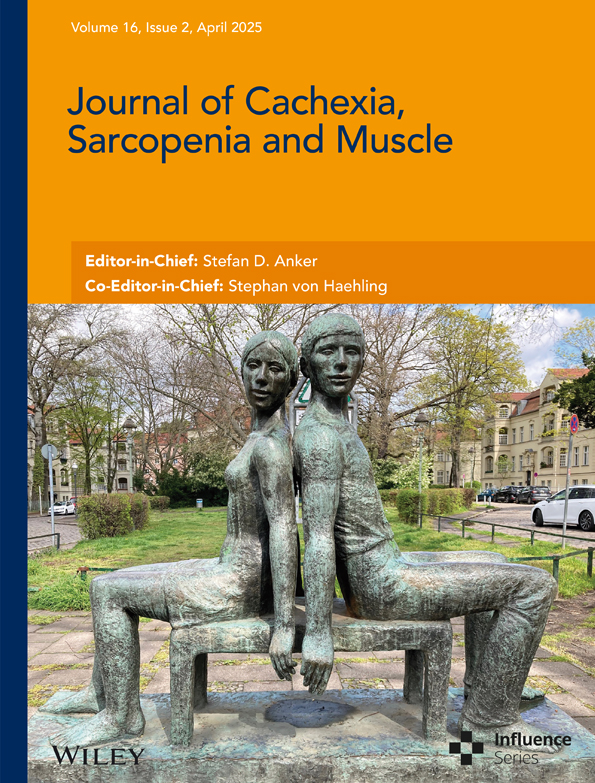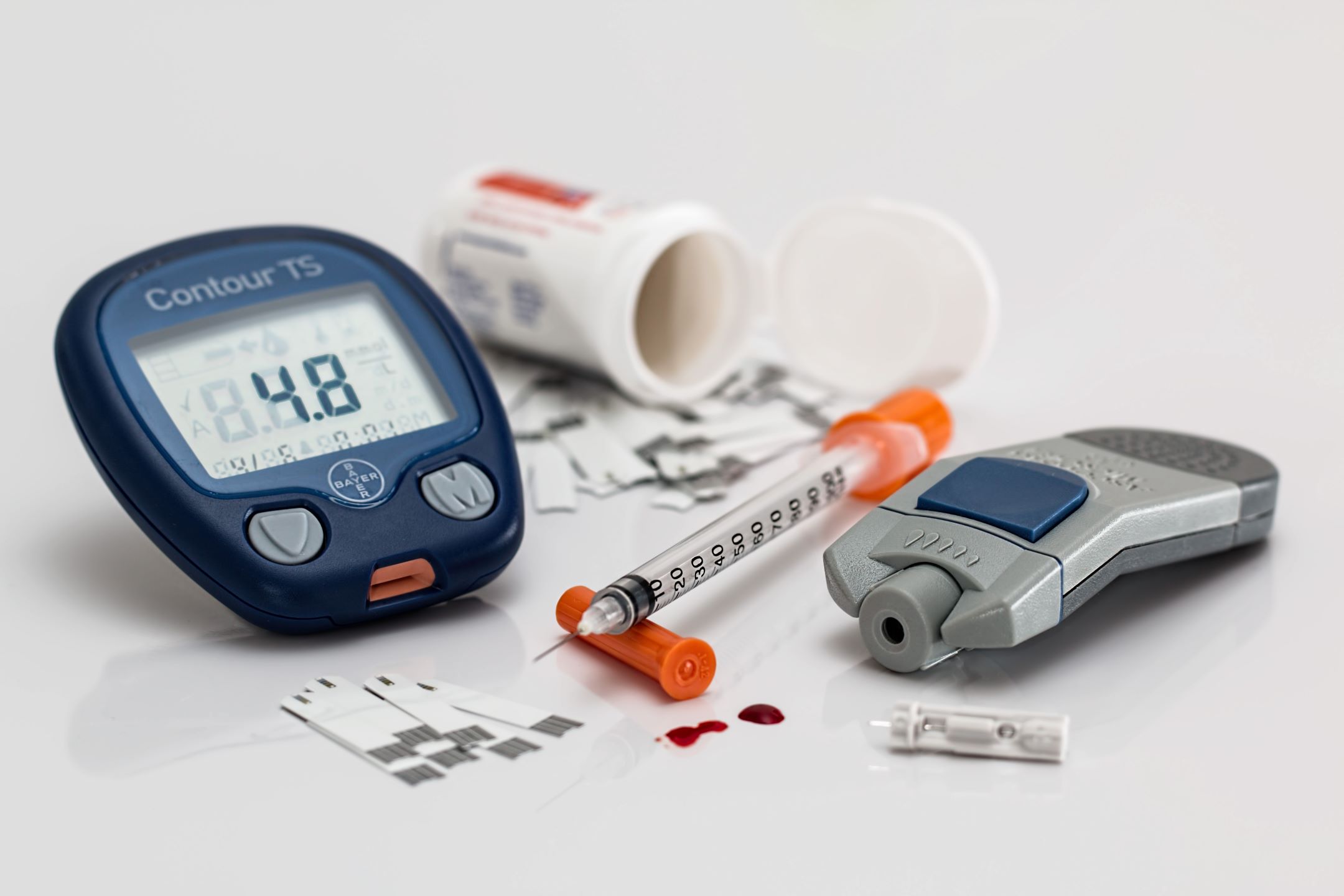Pennington Biomedical Highlights How Cellular Quality Control Contribute to Insulin Resistance Related to Type 2 Diabetes
May 2, 2025 · Baton Rouge, LA
Study highlights the complex interplay between mitochondria and insulin, paving the way for future interventions aimed at improving metabolic health

Researchers at Pennington Biomedical Research Center have revealed critical insights into how impaired mitochondrial dynamics and quality control mechanisms in skeletal muscle influence insulin sensitivity in patients with Type 2 Diabetes, or T2D. The study, titled "Deubiquitinating Enzymes Regulate Skeletal Muscle Mitochondrial Quality Control and Insulin Sensitivity in Patients with Type 2 Diabetes," was recently published in the Journal of Cachexia, Sarcopenia and Muscle.
The research team, led by Pennington Biomedical Executive Director Dr. John Kirwan, focused on the significance of deubiquitinating enzymes, or DUBs, in regulating mitochondrial dynamics within skeletal muscle. Findings suggest that mitochondrial fragmentation can bypass defects in mitophagy, the process by which cells remove damaged mitochondria, to sustain skeletal muscle quality control in patients with T2D. This adaptation may help maintain mitochondrial function despite impaired mitophagy.
In other words, the study shows that people with T2D have fewer healthy mitochondria, the parts of the cell that produce energy, because a certain protein – dynamin-related protein 1, or DRP1 – is working too much. In addition, another group of proteins – DUBs – are shown to interfere with a process that helps the body clean up damaged mitochondria. This interference makes it harder for muscles to use insulin properly, which is a key issue in diabetes.
The research findings advance the understanding of how impaired mitochondrial dynamics and quality control may contribute to skeletal muscle insulin resistance and the manifestation of T2D, and also provides key evidence that DUB antagonists may play an important role in preventing or treating T2D.
“Our research team examined how certain enzymes affect mitochondria in muscle cells of people with diabetes," said Dr. Kirwan, Executive Director and George A. Bray, Jr. Endowed Super Chair in Nutrition at Pennington Biomedical. "We found that when the normal cleanup process for damaged mitochondria isn't working well, the cells adapt by breaking mitochondria into smaller pieces. This alternative approach helps maintain muscle function despite the metabolic challenges of Type 2 diabetes. Our study highlights the complex interplay between mitochondria and insulin, paving the way for future interventions aimed at improving metabolic health.”
Pennington Biomedical researchers from the Integrated Physiology and Molecular Medicine Laboratory led this investigation. The Center's commitment to advancing metabolic research continues to drive discoveries that have significant implications for public health.
This research was supported by the National Institute of Diabetes and Digestive and Kidney Diseases (R01 DK108089 to J.P.K.), National Institute of General Medical Sciences (grant U54 GM104940 to J.P.K.) and Cleveland Clinic (UL1 RR024989) (Cleveland, OH). This project used core facilities at Pennington Biomedical Research Center that are supported, in part, by NIH awards P30GM118430, P20GM135002 and P30DK072476. W.S.D. was supported by the National Institute of Aging (K99AG083239-01).
For more information about this study and other groundbreaking research at Pennington Biomedical Research Center, please visit www.pbrc.edu.
For more information contact:
Joe Coussan, Media Relations Manager, joe.coussan@pbrc.edu, 225-763-3049 or Ernie Ballard, Senior Director of Communications & Marketing, ernie.ballard@pbrc.edu, 225-263-2677.
About the Pennington Biomedical Research Center
The Pennington Biomedical Research Center is at the forefront of medical discovery as it relates to understanding the triggers of obesity, diabetes, cardiovascular disease, cancer and dementia. Pennington Biomedical has the vision to lead the world in promoting nutrition and metabolic health and eliminating metabolic disease through scientific discoveries that create solutions from cells to society. The Center conducts basic, clinical and population research, and is a campus in the LSU System.
The research enterprise at Pennington Biomedical includes over 600 employees within a network of 44 clinics and research laboratories, and 16 highly specialized core service facilities. Its scientists and physician/scientists are supported by research trainees, lab technicians, nurses, dietitians and other support personnel. Pennington Biomedical is a globally recognized state-of-the-art research institution in Baton Rouge, Louisiana. For more information, see www.pbrc.edu.
Pennington Biomedical Research Center
6400 Perkins Road
Baton Rouge, LA 70808



